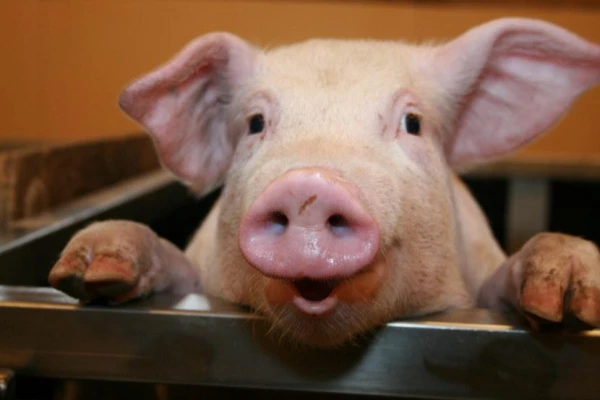
There is an opinion that meat and meat products coming from farms that care for animals have a more vibrant taste compared to those produced in facilities focused solely on volume and speed of production. However, these differences may just be a figment of our imagination.
Eric Anderson from Tufts University and Lisa Feldman Barrett from Northeastern University and Massachusetts General Hospital conducted an interesting experiment. Participants were offered to taste jerky, roast beef, and ham, and then rate the flavor of each product. The differences lay in the fact that one of the hams had information indicating that the pigs from which it was made grazed on green pastures and had the opportunity to socialize with each other (socialization reduces stress and improves overall well-being), while the other ham had a label emphasizing a production approach that ignored animal welfare. There were also neutral labels that did not emphasize humanity or its absence. The meat in both cases was identical; only the labels differed. Participants first tasted the meat products without any markings to assess their flavor without bias.
The results showed that “inhumane” products were generally consumed less, and participants expressed an intention to avoid purchasing them in the future or, at the very least, not to pay a high price for them. Even the perception of smell and taste changed after being presented with the “inhumane” description: the ham seemed too fatty and salty. At the same time, products that were supposedly produced with care for animals did not have significant differences in subjective taste qualities compared to those with no labels or neutral ones. It is possible that the lack of flavor improvement in “humane” products is related to the fact that all samples for the experiment were taken from farms that pay attention to animal welfare.
This distortion of taste perception is not a new phenomenon—the authors of the study themselves mention a similar experiment where the words “organic” and “eco-friendly” positively influenced the perception of food taste. In the case of meat, one can conclude that our moral beliefs influence taste sensations; however, it is also possible that people simply expect bad taste from meat from farms that do not care for animals, and this expectation may be based on negative past experiences. In any case, the issue of how emotions, thoughts, and our overall “inner world” influence our sensations presents an interesting topic, and hopefully, there will be more experimental studies on this.













